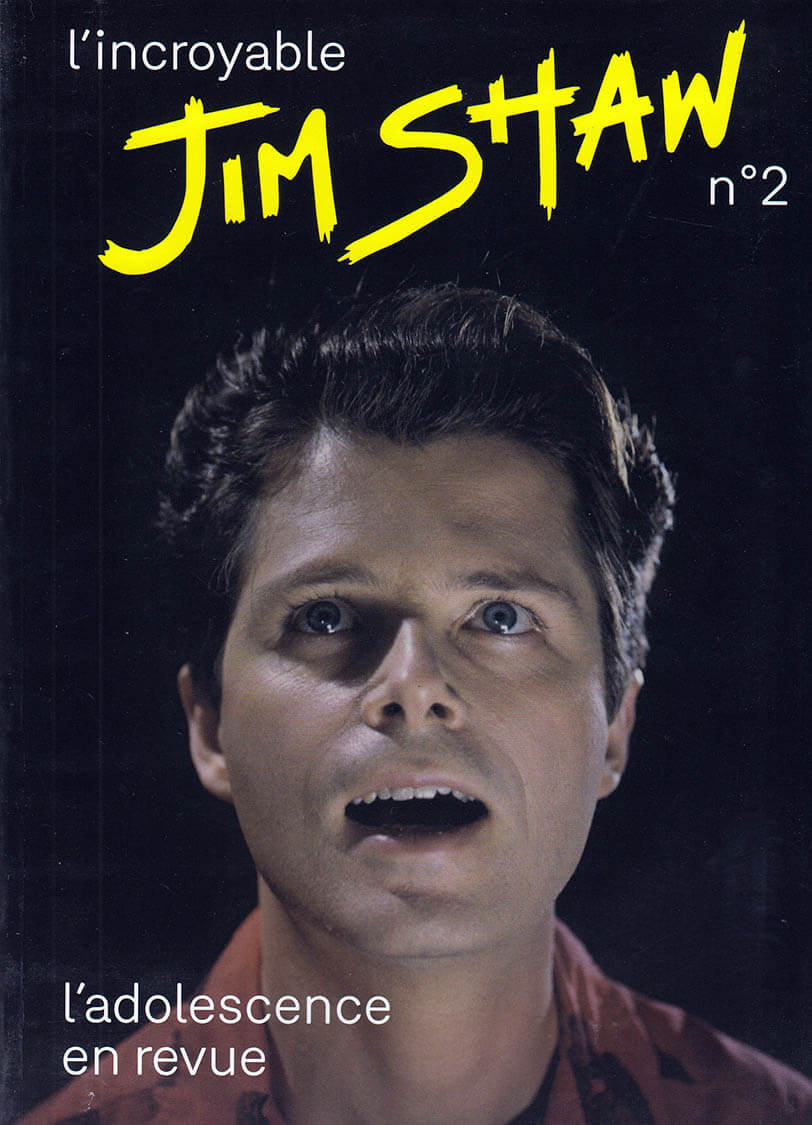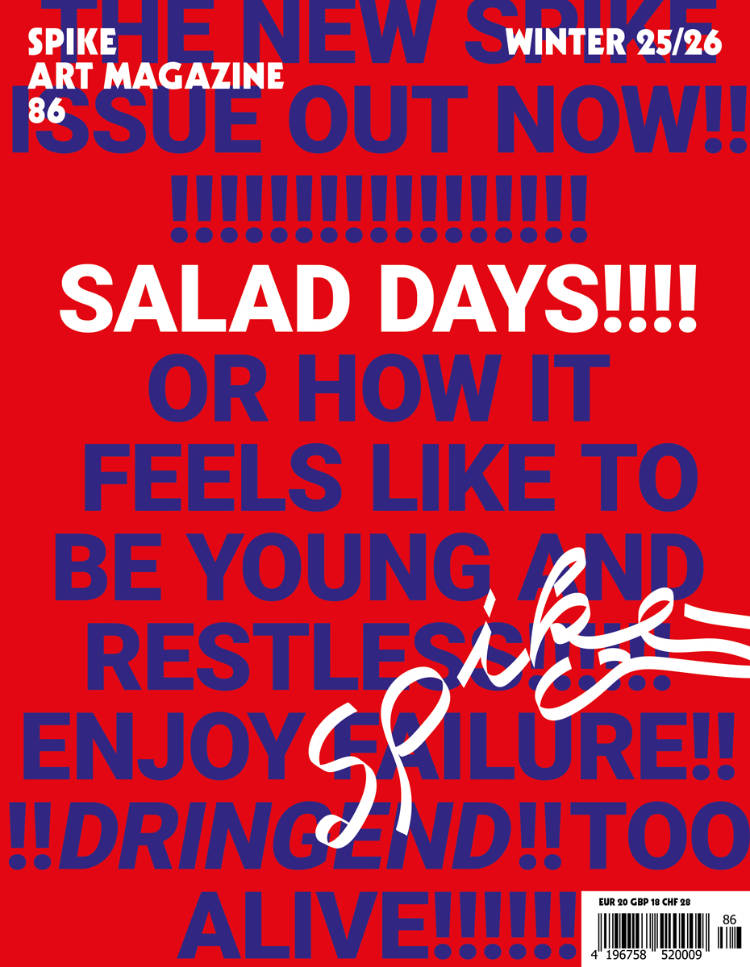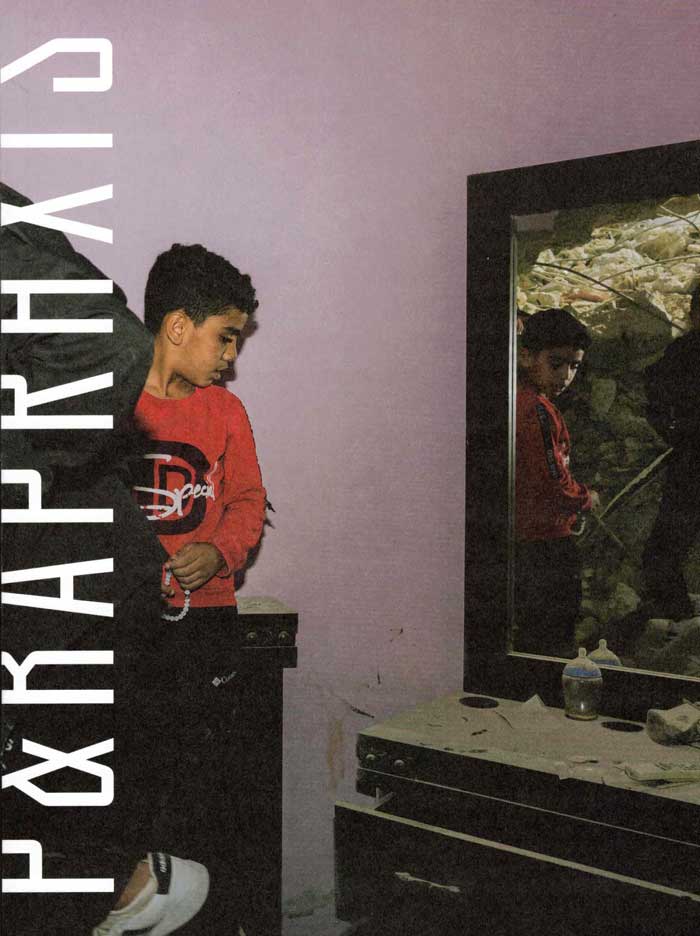
Jim Shaw
Clotilde Viannay ed.
L'Incroyable is a monographic magazine dedicated to an artist's teenage years and his cultural background. This second issue focuses on Jim Shaw's Californian youth between the late 1950s and the beginning of the 1970s.
34 contributors—including Jim Shaw, Tony Oursler and Cary Loren—discuss childhood, adolescence, being a student in California in the 1970s, Mike Kelley, comic books, drawing, painting, California, the hippies, LSD, Charles Manson, the Vietnam War, Richard Nixon, My Mirage and Oism, Born Again Christians, catechism, transhumanism, cyborgs, Scientology and the Church of Satan, Terrence Malick, the Beat Generation, counter-culture, Gilbert Shelton, Robert Crumb, Janis Joplin and Basil Wolverton, Michigan, Ann Arbor, proto- punk, Destroy All Monsters, MC5, John Sinclair, and Tiki culture.
Works by Mathilde Agius, Joan Braun, Bertrand Dezoteux, Golgotha, groupe CCC – Alice Gavin and Valentin Bigel and École Duperré Paris students, Jérémy Piningre, Jim Shaw, Pierre Vanni.
Founded in 2015 by artist Clotilde Viannay, L'Incroyable magazine is dedicated to adolescence and retraces the teenage years of a personality, examining the cultural context of his youth.
The magazine is extended by the “Mini” series. Each book immerses itself in the youth of artists through an interview about their teenage years.
Jim Shaw (born 1952 in Midland, Michigan, lives and works in Los Angeles) is an atypical figure in the Californian art world, sharing with Paul McCarthy and Mike Kelley a similar desire to produce an immersive visual oeuvre aimed at exploring the dark side of the American psyche.
Texts by Philippe Aronson, Jacques Barbéri and Yves Ramonet, Claire Barliant, Laura Ben Hayoun, Mathieu Buard, Robert Buchard, Laurent Courau, Michel Croce-Spinelli, Michel Parbot, Jill Gasparina, Étienne Greib, Doug Harvey, Yves-Alexandre Jaquier, Cary Loren, Alex Mar, Robert Somma, Philippe Vasset, Clotilde Viannay, interviews with Jim Shaw, Tony Oursler, Cary Loren, Neil Harbisson, Natasha Vita-More, Gilbert Shelton.
Language: English





